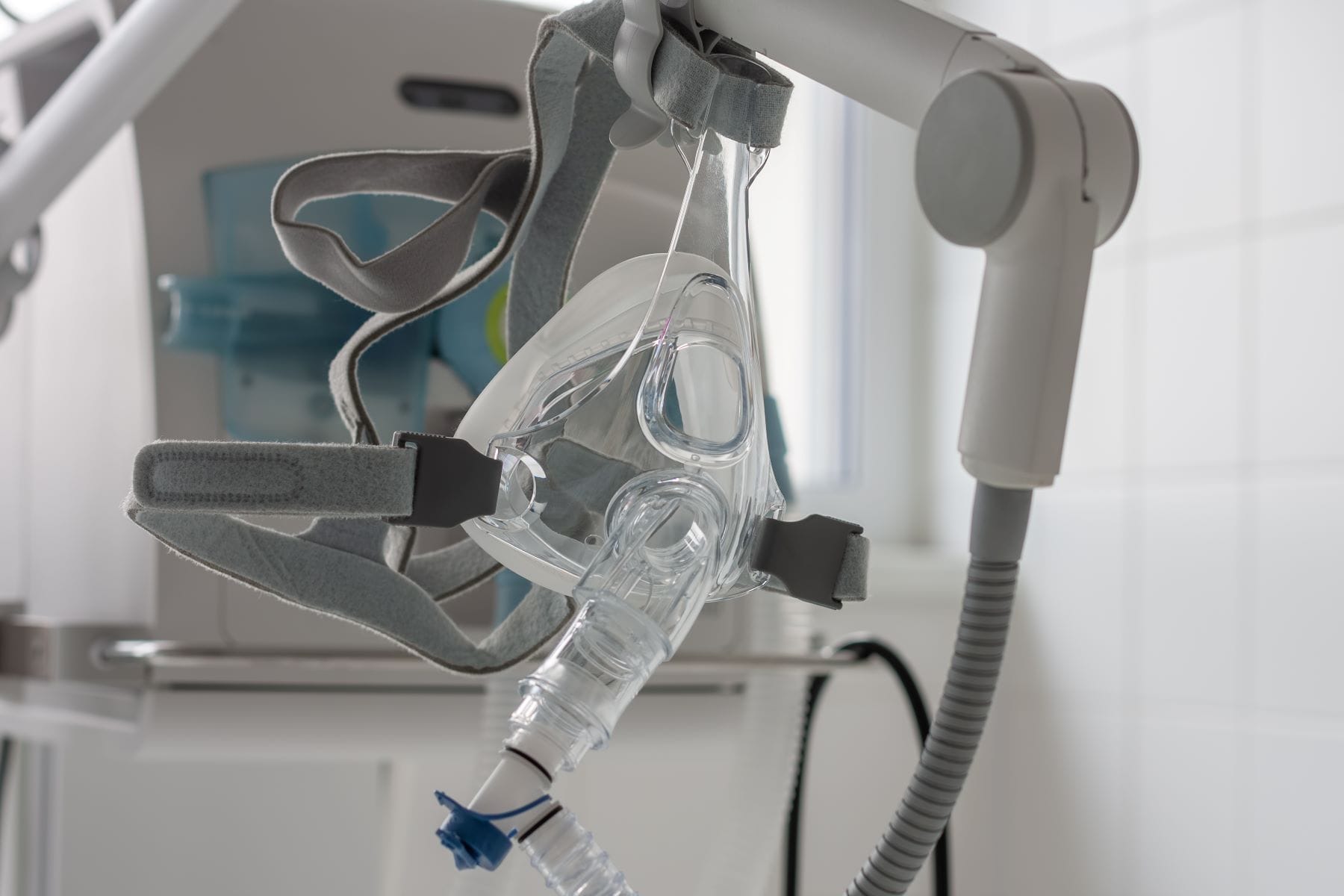$13.4M Verdict Challenged by Healthcare Facility Over Late Claims, Liability Disputes
A $13.4M verdict over a patient’s death is under appeal, raising key issues about timeliness, liability, and evidence in elder care litigation.
Updated on
A Connecticut assisted living facility is challenging a $13.4 million jury verdict tied to the 2016 death of patient Scott Case, arguing that his estate improperly introduced a new statutory claim and failed to establish that a faulty breathing machine caused his death. The Connecticut Institute for the Blind, which operates under the name Oak Hill, filed a brief with the Connecticut Appellate Court seeking to overturn the verdict or obtain a new trial.
The estate of Scott Case, represented by his mother Kathleen Case, initially filed suit in April 2018, nearly two years after Case’s death. However, according to Oak Hill, the estate did not assert a claim under Connecticut’s Patient Bill of Rights until April 2023—well beyond the three-year statute of limitations. A further amendment in October 2023 alleged willful violations of the same statute, raising for the first time the potential for punitive damages.
The Trial and Verdict
On March 20, 2024, a Connecticut jury found Oak Hill liable for $4 million in negligence damages and an additional $6 million in punitive damages. The court later added prejudgment interest pursuant to a prior offer of compromise, bringing the total judgment to nearly $13.4 million.
Oak Hill contends that the Patient Bill of Rights claims should have been dismissed as untimely. The facility also argues that Connecticut law bars plaintiffs from recovering damages under multiple theories when seeking wrongful death compensation, as such claims are governed exclusively by Section 52-555 of the state’s statutes.
Additionally, the facility asserts that it cannot be held vicariously liable for its employees' alleged intentional misconduct. “While there was no evidence at trial that Oak Hill staff acted in a way that was intended to injure the decedent,” the brief states, “had there been such evidence, the employee would not be serving Oak Hill as employer (and there was no evidence to suggest otherwise).”
The Events Leading to Case’s Death
Scott Case, who had undergone brain surgery as a child and was cognitively impaired, relied on a BiPAP breathing machine to treat his sleep apnea. His estate alleged that Oak Hill failed to repair or replace the device despite being notified for over a month that it was malfunctioning. Furthermore, the complaint stated that staff failed to conduct proper overnight checks to ensure the machine was operational.
According to trial testimony, a staff member discovered Case unresponsive around 4:00 a.m. on May 23, 2016, but did not call for medical assistance or begin CPR. Another employee alerted emergency services 21 minutes later, and paramedics did not initiate resuscitation efforts until 4:29 a.m. Case was pronounced dead at 4:38 a.m.
The estate initially named the machine’s manufacturer, Lincare Inc., as a co-defendant, but dropped that claim following the jury verdict. Although jurors found Lincare negligent, they concluded its conduct was not a proximate cause of Case’s death.
Oak Hill’s Appeal
In its appellate brief, Oak Hill disputes the estate’s narrative and the jury’s findings, arguing that the cause of death was more likely related to Case’s history of seizures rather than sleep apnea. The facility notes that Case had experienced severe neurological complications since childhood, including a near-fatal incident in 2010 involving a malfunctioning brain shunt. At the time of his death, he was approximately four feet tall and had the mental capacity of a kindergartner.
Oak Hill further asserts that, although the BiPAP device failed to transmit data on the night of Case’s death, there is no conclusive evidence that it was not functioning. A staffer testified that the machine was running when she found Case and that she turned it off in an attempt to assist him.
The facility also points out that no autopsy was performed, which it argues leaves significant uncertainty about the true cause of death.
The Insurance Dispute
Following the verdict, the Case estate initiated separate legal action against Oak Hill’s insurer, the Hanover Insurance Group, to collect the judgment. That case has been stayed pending the resolution of Oak Hill’s appeal.
The Law Firms Involved
Oak Hill is represented by Michael S. Taylor and Brendon P. Levesque of Barry Taylor & Levesque LLC and David G. Hill of David G. Hill & Associates LLC.
The Case estate is represented by John W. Mills and Maria A. Cahill of Mills & Cahill LLC and James Healy of Cowdery Murphy & Healy LLC.
What’s Next?
The Connecticut Appellate Court will decide whether to uphold the substantial verdict or grant a new trial based on procedural and evidentiary arguments raised by Oak Hill. The outcome could reshape how courts in the state evaluate late-stage amendments in wrongful death litigation and the application of vicarious liability for assisted living facilities in cases involving claims of staff misconduct.
The case is Kathleen Case, Administrator (Estate of Scott Case) v. The Connecticut Institute for the Blind et al., case number AC 47664, in the Connecticut Appellate Court. The underlying trial court matter is docketed as Case v. The Connecticut Institute For The Blind d.b.a. Oak Hill et al., case number UWY-CV18-6040435-S, before the Connecticut Superior Court at Waterbury.


